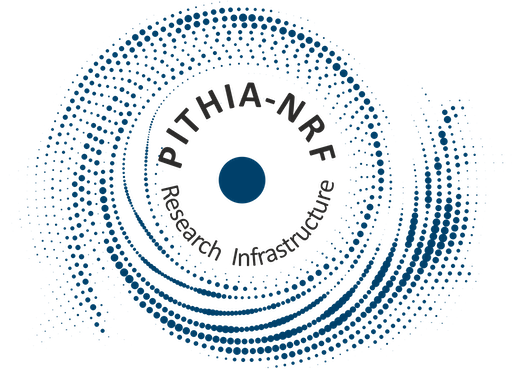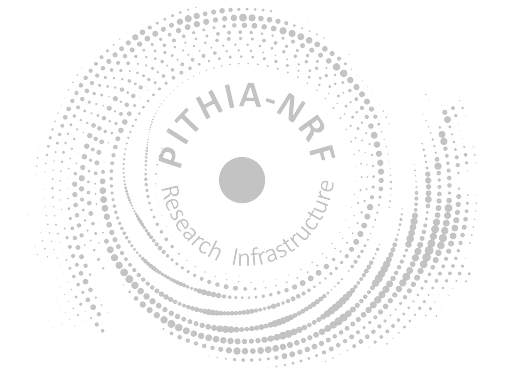Global Ionospheric Flare Detection System
(GIFDS)Last modified on Sep 1st, 2022
Status:
In This Page
Responsible Parties
Abstract
The Global Ionospheric Flare Detection System (GIFDS) of the DLR consists of a ground-based network of VLF receivers (Perseus SDR - Software Defined Radio), which provides signal strength and phase measurements at multiple frequency channels from 10 to 60 kHz. One of the main objectives of GIFDS is the immediate and continuous detection of solar flares as a result of their impact on the bottomside ionosphere and consequently their sudden effects on VLF signals. As such events can only be detected during daytime, DLR is installing a uniform set of receivers at selected locations around the world. Measurements carried out at the dayside sector will be provided 24/7 in the near future.
Website
http://iswi-secretariat.org/Documentation
-
D. Wenzel, N. Jakowski, J. Berdermann, C. Mayer, C. Valladares, and B. Heber. Global ionospheric flare detection system (GIFDS). Journal of Atmospheric and Solar-Terrestrial Physics, 138-139:233-242, 2016. ISSN 1364-6826.
Published 02/01/2016
DOI
doi: 10.1016/j.jastp.2015.12.011
Further Resources and Information
Resources
Go to Metadata FileKeywords
- Amplitudes
- Ionospheric Specification
- VLF radio wave propagation
- VLF receiver
- Ionospheric observations
- Bottomside
- Ionosphere
Metadata Information
| Editor | German Aerospace Center - DLR - Institute for Solar-Terrestrial Physics |
| Version | 1 |
| Created | Thursday 1st Sept. 2022, 00:00 |
| Last Modified | Thursday 1st Sept. 2022, 00:00 |

